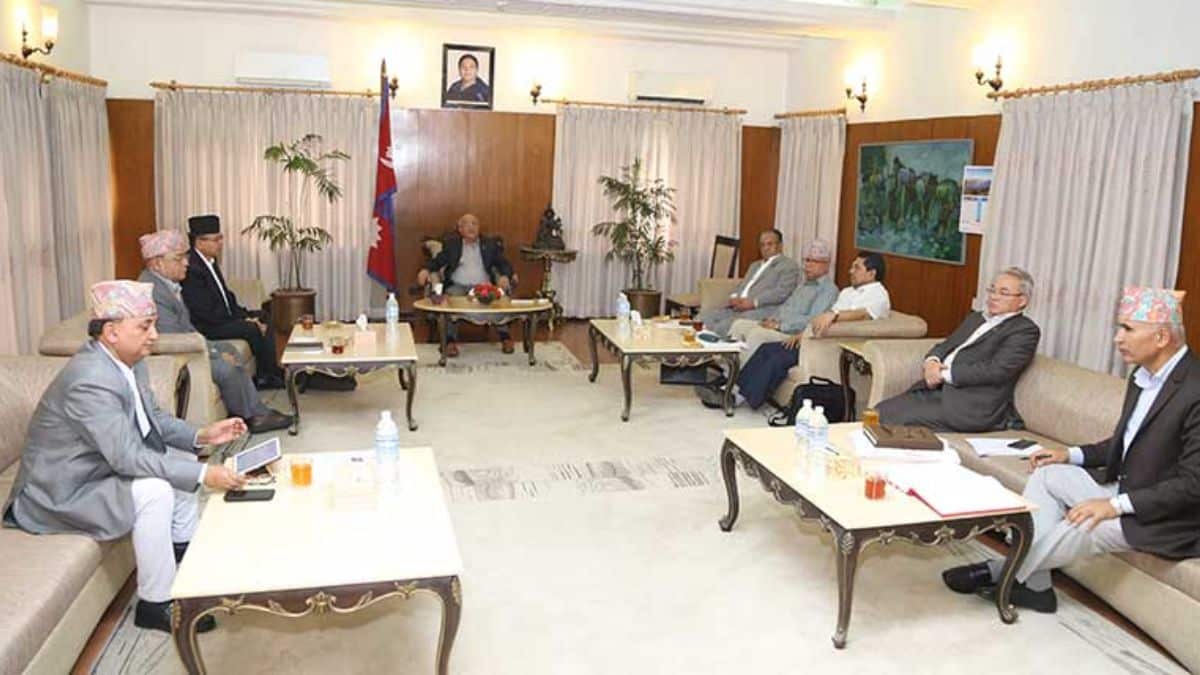In a significant political development, the Maoist Centre has officially withdrawn from the Koshi government, marking a pivotal shift in the coalition’s dynamics. Despite this move, the party has confirmed that it will continue to support the government from the opposition benches.
The decision to pull out was announced by the party leadership in a statement that outlined their reasons for the departure. The Maoist Centre cited differences in policy priorities and governance approaches as key factors behind their withdrawal. However, the party emphasized that their commitment to supporting the government’s broader objectives remains unchanged. This support is expected to be crucial in maintaining the stability and functionality of the current administration.
The Koshi government, led by the ruling coalition, now faces the challenge of navigating this new political landscape. While the departure of the Maoist Centre may alter the coalition’s composition and dynamics, the government has indicated its intention to continue working towards its policy goals and addressing pressing issues facing the region.
Political analysts suggest that the Maoist Centre’s decision could influence future legislative activities and coalition negotiations. The party’s continued support, though not within the government, will likely play a role in shaping key legislative decisions and government policies. The situation underscores the fluid nature of coalition politics and the need for ongoing negotiation and consensus-building in a multi-party system.
The Koshi government has expressed its appreciation for the Maoist Centre’s support and collaboration during their time in the coalition. The administration remains focused on its agenda, including development projects and governance reforms, despite the recent shift in political alliances.
This development also highlights the evolving nature of political alliances in Nepal, reflecting the complex interplay between parties and their impact on government stability and policy implementation. As the political landscape continues to shift, the Koshi government and the Maoist Centre are expected to engage in further discussions to clarify their roles and contributions moving forward.
The withdrawal of the Maoist Centre from the Koshi government is also expected to have implications for upcoming local and national elections. As the political environment becomes more competitive, parties will need to reassess their strategies and alliances. The Maoist Centre’s realignment could prompt other political entities to seek new partnerships or reconsider their positions, potentially reshaping the electoral landscape.
Opposition parties have called for increased transparency and accountability from the Koshi government. They argue that the withdrawal of a major coalition partner underscores the need for more robust and inclusive governance practices. The ongoing political shifts may lead to intensified scrutiny of the government’s actions and policies, influencing public perception and political discourse in the lead-up to future elections.

